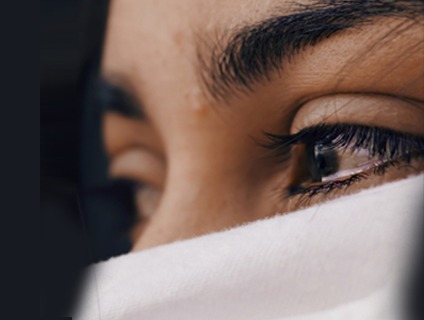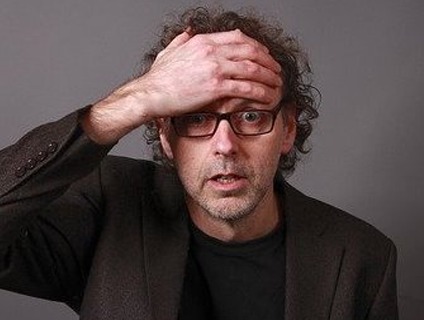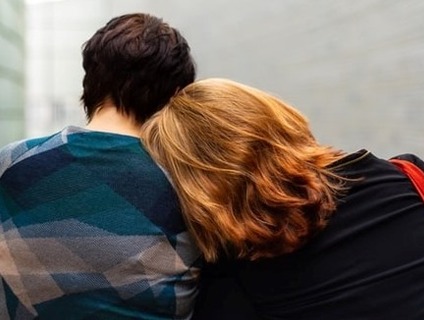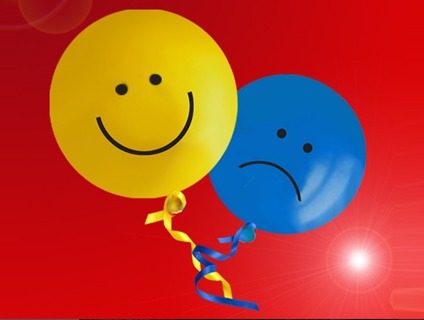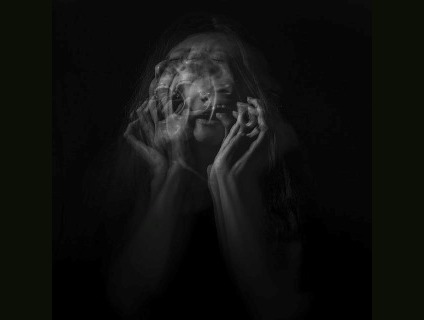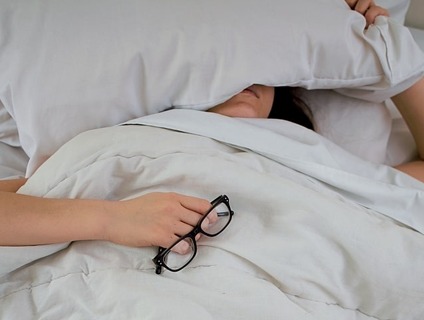"When you have insomnia, you're never really asleep... and you're never really awake." - Narrator, 'Fight Club' (movie)
"The night is the hardest time to be alive and 4am knows all my secrets." - Poppy Z. Brite.
Sleep is a basic human need and is critical to both physical and mental health.
Sleep disorders (or sleep-wake disorders) involve problems with the quality, timing, and amount of sleep, which result in daytime distress and impairment in functioning. Sleep-wake disorders often occur along with medical conditions or other mental health conditions, such as depression, anxiety, or cognitive disorders. There are several different types of sleep-wake disorders, of which insomnia is the most common. Other sleep-wake disorders include obstructive sleep apnea, parasomnias, narcolepsy, and restless leg syndrome.
Sleep difficulties are linked to both physical and emotional problems. Sleep problems can both contribute to or exacerbate mental health conditions and can be a symptom of other mental health conditions.
About one-third of adults report insomnia symptoms and 6-10 percent meet the criteria for insomnia disorder.
Treatment of Sleep Disorders at Spandana Mind Hospital includes :
A) Assessment : using
1. Clinical interview and
2. Scales like PSQI and Epworth sleepiness scale and
3. Sleep study.
B) Medication: Includes
1. Psychotropics for Treatment of underlying depression or anxiety disorders.
2. Short duration of benzodiazepines or Z drugs based on patient's preference.
3. Liasion with general physician/ENT surgeon based on underlying medical disorders
C) Therapy/Counseling: Includes
1. CBT
2. Sleep Restriction therapy
3. Relaxation techniques
4. Sleep Hygeine measures
5. Mindfulness techniques


